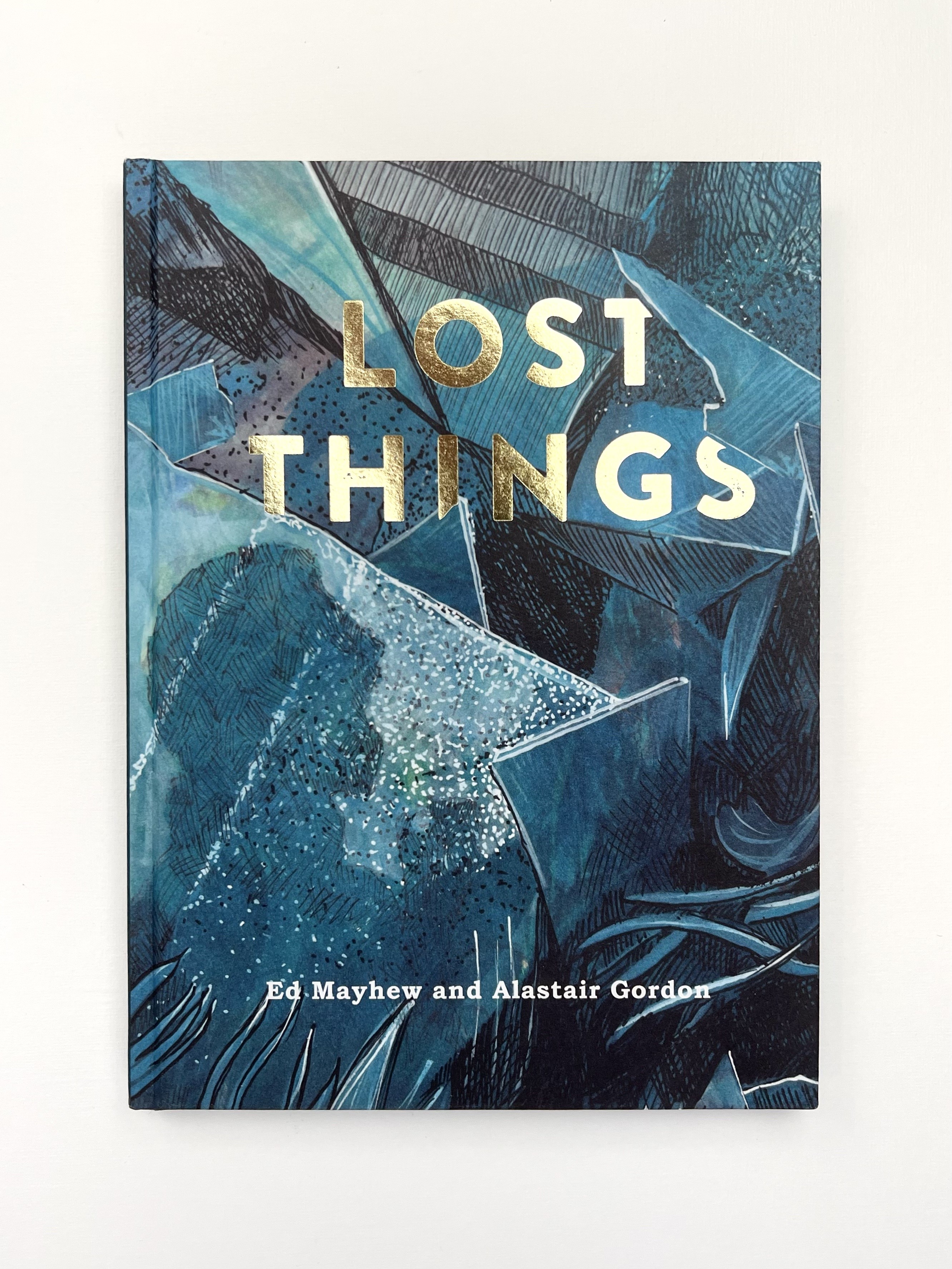
I only need to watch a few minutes of Gordon Ramsey’s Hell’s Kitchen to remind me that toxic environments not only still exist, but all too often are glorified. From bitter previous experience I know that employers can bully, lie and manipulate those beneath them, and apparently get away with it. I have sadly seen how the Christian virtues of turning the other cheek and forgiving your enemies can serve to collude with a toxic environment. However, I also dare to hope that another Christian virtue – that of hospitality – can foster quite a different environment. I have been thinking about this a lot recently as it tallies with themes explored in another chef show - the global smash-hit multi-award-winning US TV series, The Bear.
The drama is set in the high-intensity world of the Chicago hospitality industry. The story revolves around a character called Carmy, played by Jeremy Allen White. Carmy has made his name in gastronomy and has won and retained multiple Michelin stars. But when his beloved brother Mikey commits suicide, Carmy returns to Chicago to take over his brother’s failing sandwich shop called “The Beef.”
Putting a grieving world-class chef in the middle of a bankrupt dysfunctional sandwich shop in the cheap side of Chicago is a great concept for an intense drama. It is set up to be a classic rags-to-riches journey and so we wait to see how, with a bit of spit, polish and hard work, transformation against the odds is possible. Although, inevitably, the narrative arc of the show does follow the well-trodden American Dream theme of outsiders whose hard work turns things around, this is not a simple tale. There’s a richer and more nuanced redemptive journey offered in this compelling series.
The show has won critical acclaim and I believe it is due in part to the fascinating combination of three important overlapping hospitality themes that each offer us some signposts for changing the culture of toxic environments. They also happen to point to how Christian hospitality teaching is as relevant today as ever.
The vulnerability of hospitality
“The more I learn about Michael, the less I understand.”
Everyone in the relational ecosystem of this television show has a major flaw. There are no messianic figures. Everyone is carrying great deal of pain and vulnerability. The ever-anxious Carmy is a recovering addict and finds solace in total immersion in his work. The rising-star sous-chef, Sydney, played by Ayo Edebiri, is grieving the loss of her mother and the serial failures of her previous businesses. The emotionally illiterate cousin, Richie, played by Ebon Moss-Bachrach, is becoming alienated from his wife and his daughter and as a result causes physical or relational chaos everywhere he goes.
Watching this show is a journey to the dark side. The pyscho-social dysfunction of the characters matches the organisational and financial mess of the sandwich bar itself. Everything goes wrong: crumbling walls, failed safety inspections and the self-sabotage of the staff team. It’s great viewing at the end of a difficult day: any minor chaos I am experiencing is relativised by the all-consuming disarray of The Beef.
Despite their flaws, we find ourselves rooting for the characters. Hollywood seems to have borrowed this idea from the Christian faith: never underestimate the underdogs. From its earliest days the church was made up of a seemingly socially impossible group of people: a suspicious collaborator, a trouble-making insurgent, as well as other socially stigmatised men and women. You don’t have to spend long in a local congregation of Christians to encounter the same social paradoxes. The unlikely, often uncomfortable gathering of believers from different walks of life is both the beauty and the bane of the church. People are both sharp and sweet, weird, awkward and challenging and yet somehow there’s not only something irresistibly moreish about their company, but the persistent belief that these are the ones who will ultimately be vindicated, honoured and rewarded.
The hope of hospitality
“I think this place could be so different from all the other places we’ve been at.”
The continuous omnishambles of The Beef feels like a mirror of our own political moment. Swapping the leader at the top does not resolve the systemic problems. There is no overnight transformation. In fact, things must get worse before anything changes for the better. Personal existential demons need to be faced before the restaurant can begin to be turned around, and, even then, they still need an end-of-season miracle.
So much of our public life, whether it is in the politics of the church or the politics of our nation, looks like the early chaos of The Beef. A fancy new menu, a charismatic new leader, a new shiny piece of technology or even a quick-fix new work regime cannot take away the anger and the misery and the brokenness. What does seem to pay dividends in the show is the gradual inculcation of a culture of dignity, respect and commitment to one another.
Every employee at The Beef begins to refer to one other as “Chef.” This recognition of the value of the other, the regular voicing of the importance and equality of your fellow employees is part of a gradual culture change in the restaurant. The change in language is not a magic bullet for the transformation but rather a small, but important, expression of new culture of dignity that is being established. This same kind of culture change is urgently needed in our church and nation. Finding ways to express respect to one another might not be a bad place to start.
It becomes one of the highest honours for the cooks to prepare the “family meal” where the staff gather for food together after the shift is done. It turns into a moment of communion and reconnection in the chaos of the day. It reminds me of how the Lord’s Supper was always meant to be – a reason to come together and remember and hope.
The power of hospitality
“I’m gonna fix this place.”
Season 2 tells the story of creating a Michelin-Star-worthy restaurant in the transformed shell of what had been The Beef sandwich shop. Most of the dysfunctional characters go on a series of journeys of discovery and transformation. One of the chefs goes to Denmark and learns the power of discipline and how to produce micro-cuisine. Another goes on a weeklong haute cuisine boot camp at the highest quality restaurant in the world. Beginning with the simple task of washing forks he is gradually inducted into the culture of excellence and service of the restaurant, where nothing is too much trouble in their aim to give guests an unforgettable experience of hospitality. Richie’s 45-minute make-over is the worst and best episode. The transformation is too complete too quickly, but its message is clear: there is hope for even the most dysfunctional person.
“You have this minute when you’re watching the fire and you’re thinking: If I don’t do anything, this place will burn down and all my anxiety will go away with it. And then you put the fire out. Then you put the fire out.”
As I binge-watched this series, I found myself thinking long and hard about the church. I have tasted the toxicity that too often seeps in and spreads pain, causes harm and thwarts whatever good they are trying to do. I have also tasted the opposite, when the church has extended welcome to the homeless, refugees or children in care, and people encounter hope and transformation. When I feel like giving up on the church, I remember how delicious that really is and am re-motivated to do whatever I can to make it the best place in town.







